 2
comments
|
Thursday, May 31, 2007
2
comments
|
Thursday, May 31, 2007

From The Republic of T.
To the Editors of Ebony Magazine:
I grew up with Ebony. My parents subscribed to both Ebony, and I can recall grabbing each new issue and reading it cover to cover when it arrived. But eventually I stopped rushing to pick it up, and rarely read it as an adult. The reason is because I so rarely saw myself reflected in its pages. I felt invisible.
I am a black gay man. I am also a father. So when I saw your cover story, “The New Black Father,” I bought a copy and was as anxious to read it as I had been when I was growing up. Again, I was disappointed.
Maybe it’s because your feature seemed to focus on fathers who were celebrities (or whose children were celebrities), executives or organization heads, but I was dismayed to find that not only were no black gay fathers profiled in your feature article, but the article itself failed to even mention that we exist. Neither does the National Fatherhood Initiative, which was mentioned in your article. Their website makes no mention of our families either. It’s as if we don’t exist.
Well, we do exist, and we are working just as hard at being good parents as the men featured in your article. I know several black gay fathers myself. Some of us are raising children from previous relationships. Some of us are raising children we’ve adopted. Some as single parents, and some with our partners in committed relationships. Many of us are raising African American sons and daughters. Some of us are doing so with the full support or our families and communities. And, lacking that, some of us have built “families of choice” to support and celebrate our families. All of us are working every day to be the best fathers we can to our children.
We exist. The National Black Justice Coalition has a wealth of information about our families, including data from the 2000 census which indicates that 61% of black female same-sex households included children, as do 46% of black male same-sex households. Another document, Jumping the Broom, says that in my own state — Maryland — the majority of same-sex households in the metro area are headed by black-same sex female couples, and 41% of same-sex households are headed by black male same-sex couples. It also features two families with raising children, one female couple and one male. I suggest you check it out.
In truth, these numbers are probably conservative, given that they depend on people openly indicating on the census that theirs is a same-sex household. There are many of us who might not do so, because we fear the consequences of being “outed” in our families and communities; afraid that we might face rejection or even hostility. And so we remain as invisible in our communities as we are in the June 2007 issue of your magazine.
I know that including our families might upset some of your readers, who will undoubtedly ask what kind father someone like me could possibly be.
I can only answer that I am the kind of father I learned how to be from my father, whom I was blessed to have in my life for 38 years, and in our home during the entire time I was growing up. He was a loving and faithful husband to my mother for 50 years, and a good father to me and my siblings. I learned from him that being a father means being a man. I learned that being a man means taking responsibility and being there for my family. It means showing up. Every day, in every way. I learned that being a man has as much to do with gentleness as it does with strength, and that sometimes it means being unashamed to cry openly. I learned that being a man has as much to do with kindness as it does with courage; as much to do with compassion as it does with discipline and resolve. That’s the kind of father my dad taught me to be, and the kind of father I am trying to be to my son.
I am a black gay father raising a black son whom my partner and I adopted at four days old. We chose adopt an African American infant for several reasons, and among them was the knowledge that African American infants and children are less often adopted than their white counterparts. We were chosen by his birth mother, who felt that we would raise him with unconditional love and —being an interracial couple as well as a same-sex couple — could empower him to face the prejudices he will almost certainly encounter, both as a black man and a son with same-sex parents. We are raising a black son whose birth father ran away from the responsibility to care for him and raise him. Where he said “no,” we said “yes.”
As a child, some of the most positive images I saw of African Americans were in Ebony magazine. When my parents told me I could do anything and be anything as long as I was willing to work for it, Ebony gave me examples of everything that was possible and everything accomplished people a lot like me. I saw a positive reflection of myself, for a while.
I hope that in the future Ebony will be more inclusive in the future, and show the true diversity of black families, and that it can be for my son that it was for me.
Sincerely,
Terrance Heath


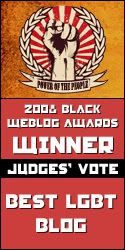
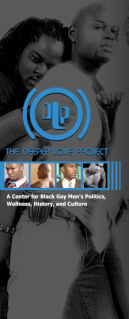

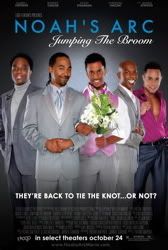
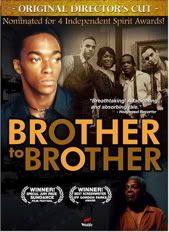
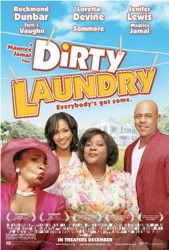
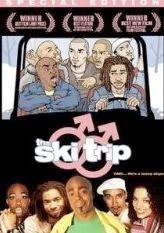
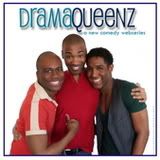
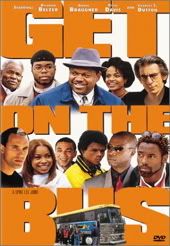
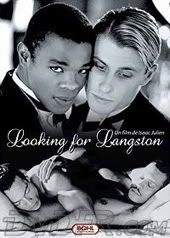
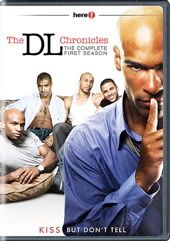
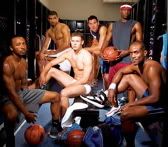
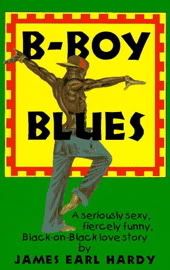
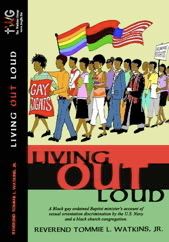
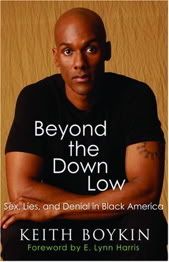

2 Comments:
Being a man is to also carry the generational line as God created. Further, I will go to say that men, within same sex relationships is not a true family. Too many parts are missing and to perpetuate this type of family in our society is dangerous for all.
June 01, 2007 8:42 AM
Hey Captain! Welcome back!
June 01, 2007 6:37 PM
Post a Comment
<< Home